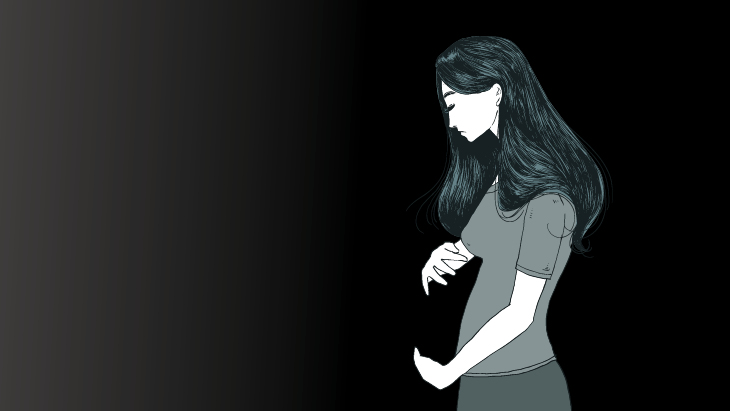 Raise a Glass to Freedom
Raise a Glass to Freedom


4 min read
4 min read
11 min read
4 min read
How my husband and I dealt with my miscarriage.
I sat in the exam awaiting the doctor when the nurse asked me, “How many pregnancies?”
I hate this question.
“Six. Including this one.”
Not bothering to look up from her chart, she asked, “How many live children?”
I was forced to answer, “Four.”
I was reminded of the miscarriage; that baby who never came into this world.
This exam took place in the very room I was told of the bad news years before. This time the appointment was in the midst of the Covid pandemic, so I was alone as tears welled up and the dark, sad memories of the past seeped in.
No Heartbeat
Years ago, my husband and I anxiously sat, waiting while the doctor performed an ultrasound.
There was utter silence.
“Is everything okay?” we asked the doctor.
More silence. The suspense was too much.
Finally, the doctor spoke: “I don’t hear a heartbeat.”
I gasped for breath. C’mon, bring it back. Bring it back!
I told myself that it must be a mistake. The doctor assumed the dates were off and he instructed us to return in a few weeks.
At that next appointment, it was confirmed. “I’m sorry, but you’re just not going to get a baby out of this one.”
I couldn’t understand how my body could have betrayed me. I took such good care of myself. My first pregnancy was perfect. The baby was perfectly healthy! Granted, he was born in a NYC taxi, but besides that, everything else was perfect. How could this have happened to me? How could this have happened to us?
I kept cycling through the varying stages of grief. Shock, disbelief, denial, anger, sadness, feelings of abandonment…
Reluctantly I scheduled a D&C procedure that is performed after a miscarriage. The pain of the procedure superseded any labor pain I have ever experienced. No one could have prepared me for that. I had excessive bleeding, trumped only by excessive sadness. All of that pain, to be left with nothing but a bloated belly, deflated heart, and headaches from the sharp decrease in hormones.
Sadness hit intensely and without any warning – in the car with a friend, at the supermarket, at my son’s school.
The physical recovery was difficult, and the emotional recovery was even more challenging. For many months later I wasn’t in control of my tears. Sadness hit intensely and without any warning – in the car with a friend, at the supermarket, at my son’s school. I was forced to use all of my emotional strength to hold back tears. At night, the feelings resurfaced and I retreated into my pillow for intense crying sessions.
My husband was as supportive as possible, but he felt equally helpless as he tried to comfort me. At times he felt paralyzed, unsure of how to react.
He felt a tremendous loss of potential but also felt that he didn’t have the luxury to mourn. He had to zip it up as he wanted to be my strength, my support and my rock. “I never truly addressed it,” he told me one day. “I just shut it out.” He found strength in his belief that God knew what He was doing, and saved us from a far more difficult challenge.
For me, the fear of the unknown was the most vulnerable part. Would I be able to get pregnant again? And if I got pregnant, would it be viable? Would I have to repeat this cycle again and again?
I learned that vulnerability is not weakness, but requires strength. I had to muster all my inner courage to try again.
When I cried that day in the specialist's office years after my miscarriage, the doctor saw me break down and was slightly concerned. “Is everything okay?” he asked.
I wasn’t embarrassed. I knew the tears would eventually come and I embraced them. We can hold two emotions inside our heart at the same time. Joy about the new baby and sadness over the baby who was never born.
Even though one of every four pregnancies ends in a miscarriage, this is a loss that many women keep silent. Women experiencing a miscarriage need to know that they are not alone and that there is nothing to be ashamed of. When the burden is carried on the shoulders of other women who have experienced this pain, it becomes a drop lighter. Together, we can give strength to each other.
